Are you allergic to coconut or maybe you aren’t a fan of the taste? Maybe you ran out of coconut milk but your curry is already in the making so you need a solution stat! Or your carrot cake batter is mixed and ready to go but you forget the coconut shreds?
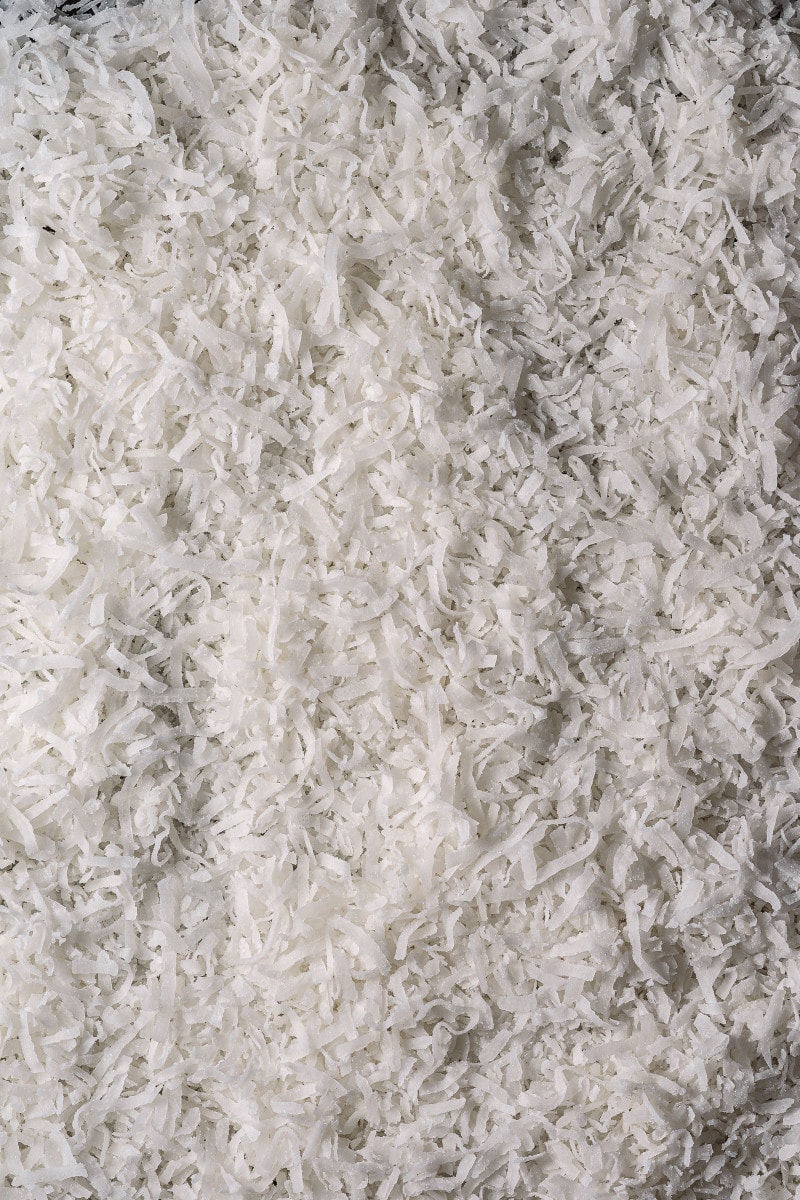
Regardless of the circumstances, finding a great replacement for coconut in your favorite recipes is completely doable. I have the BEST coconut substitutes for every occasion!
Love it or hate it, coconut is a very common ingredient found in many different foods.
Coconut can be found in various ways- a curry with coconut milk, a dessert with coconut shreds, or food sautéed in coconut oil. The options in which coconut is used in our food are truly endless.
But sometimes even I find myself halfway through a curry without coconut milk in the pantry. It happens but that doesn't mean your dish is ruined. Whatever the occasion, if you find yourself in a situation where you need a coconut substitute.. Don't worry! I got you covered.
If you're looking for more ingredient substitutions, check out the following: Simple Substitutes for Black Beans, Easy Italian Seasoning Substitute, 25 Easy & Delicious Almond Butter Substitutes.
Coconut Milk
Coconut milk is a staple in vegan cooking and baking. It adds a creamy and rich element that is important when making cream based sauces, curries, dips and desserts. But there are a handful of alternatives that will be equally delicious and creamy!
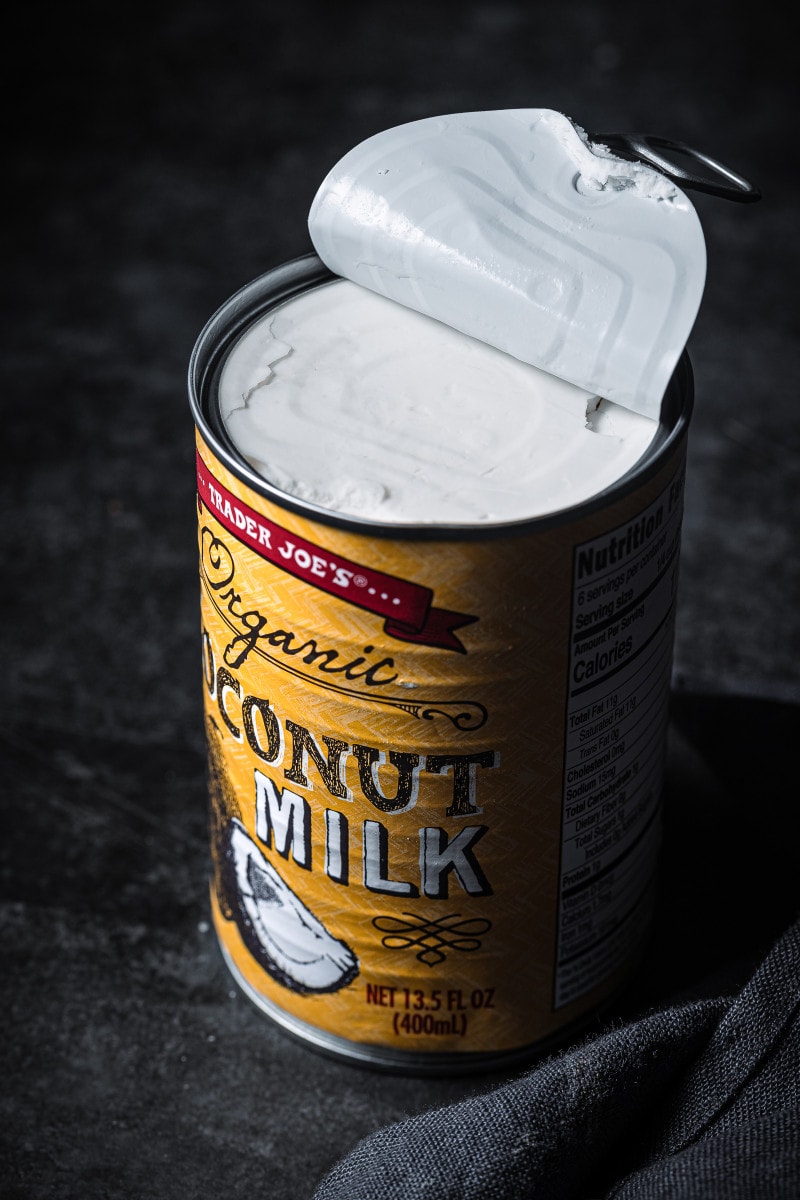
Coconut Milk vs Coconut Cream
Before getting into the substitutions, we need to touch on the different types of coconut milk: canned coconut milk, coconut cream and coconut milk in a carton.
The difference between coconut milk vs coconut cream comes down to the fat content. They’re both made from the same ingredient: coconut flesh and water.
Coconut cream has a higher fat content and less water compared to coconut milk which is thinner. Even with this difference, coconut milk and coconut cream can be substituted for each other- but that doesn't really help us out if we are looking for coconut milk substitutes so what else can we use?
Coconut Milk Substitutes
Coconut Milk in a Carton is a little easier to substitute than the canned variety. The carton of coconut milk is referred to as a light coconut milk and is more liquid than the canned version. Simply use a plant-based alternative to replace it: almond milk, oat milk, soy milk, hemp milk, flax milk, macadamia milk or cashew milk.
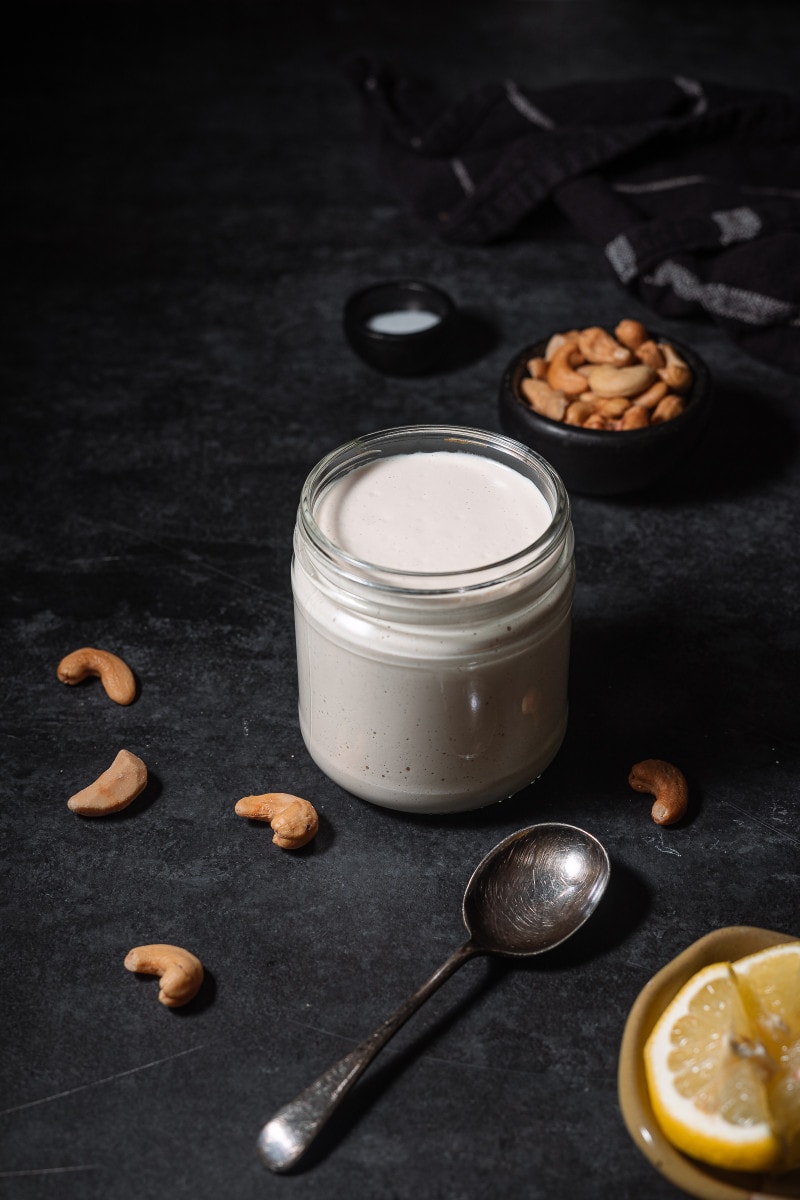
Canned coconut milk is typically used to make creamy curries, pasta sauces, soups, dips and even baked goods. If the recipe you are using calls for canned coconut milk or cream of coconut, use one of the following instead in a 1:1 ratio.
- Cashew Cream: When soaked cashews are blended with water it creates a very creamy and thick liquid similar to heavy cream and canned coconut milk. This Vegan Heavy Cream Recipe can be substituted for coconut milk in a 1:1 ratio. In my opinion, this is the best coconut milk substitute. You can also use Blanched Almonds in replacement of the cashews.
- Tofu: Simply blend a block of silken tofu with a splash of water until creamy and smooth and resembles coconut milk. This is a good substitute because it's neutral in flavor and the flavors of your dish will shine.
- Soy or Almond Based Yogurt: Look out for sweeteners but any unsweetened yogurt can be a great alternative to coconut milk.
- Plant-Based Coffee Creamer: Make sure you are getting an unsweetened creamer. Creamers will be thicker than traditional plant milk which makes it a great alternative to coconut milk.
- Plant Milk: You can use any plant milk to replace canned coconut milk in a pinch! But keep in mind that it won't be as thick. I recommend whisking in 1 tablespoon of cornstarch per 1 cup of unsweetened almond milk or unsweetened soy milk (before heating).
Coconut Shreds & Flakes
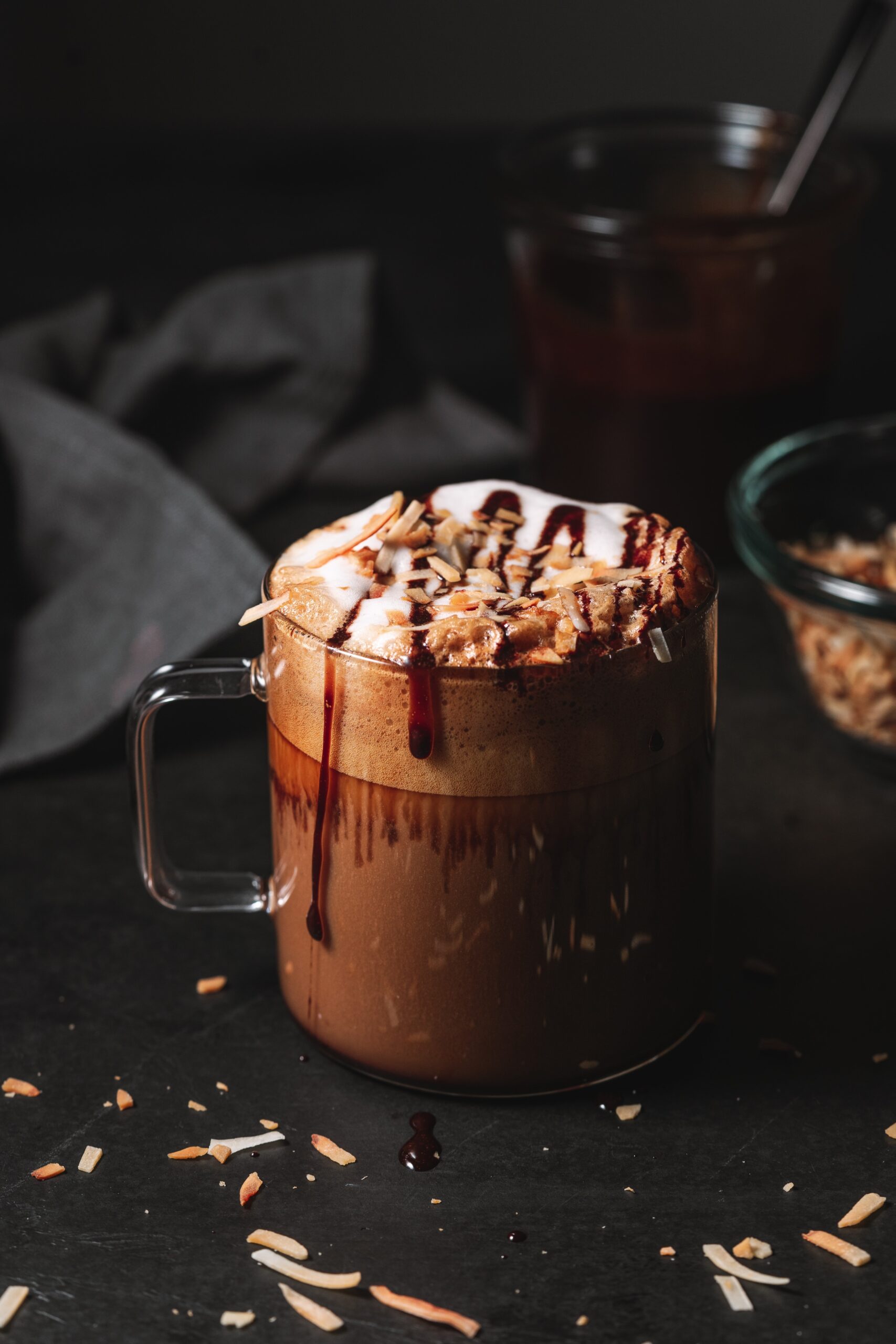
Shredded coconut or flakes are typically found in baked goods and add a wonderfully flavorful and nice texture. It can be added to carrot cake or muffins, can be used in cookies or macaroons, and used as a decoration on top of a dessert. It can also be savory! You can use coconut shreds to make plant-based coconut bacon or add it to panko breadcrumbs and create a delicious coconut-crusted meal.
So, how do I replace them? Coconut flakes are a bit more challenging to replace than coconut milk. But it can be done!
- Ground Nuts: Ground nuts can add a wonderful texture and flavor to certain recipes. Of course, it won't work everywhere but can be a good option- add to granola bars, cookies, pie crusts, and to breadcrumbs for a crispy coating on your favorite foods. Crushed nuts are also a good option- you can add them to muffins, cakes, granola bars, or use them to garnish dishes.
- Dried Fruits: Can be good to add as a topping on açaí bowls, smoothie bowls, oatmeal, granola bars, energy bites, on top of salads, in cakes, and muffins to replace coconut.
- Oats: In some cases, whole oats can work in replace of coconut. Typically in batters for cookies, muffins or cookies.
- Leave it Out: In some cases, you may not need a substitute at all. If you don't need it to soak up liquid, just leave it out.
Coconut Oil
Coconut oil can be substituted with other fats using a 1:1 ratio. Oils like vegetable oil, olive oil, avocado oil and butter are good alternatives to coconut oil depending on the recipe.
Coconut oil can be solid or liquid. So, when chilled or stored in colder temperatures it will be closer to the texture of butter. Some vegan butters have coconut oil so be sure to check out the ingredients if you're looking to avoid it.
Coconut oil has a relatively high smoke point. This is important to consider when cooking or baking at high temperatures. Other oils with a high smoke point include avocado, peanut, canola, sunflower, and sesame oil. It is best to substitute a high smoke point oil with another high smoke oil instead of opting for one that has a low smoke point like flaxseed, pumpkin seed, and walnut.
Coconut Oil Substitutions:
- Olive Oil
- Avocado Oil
- Peanut Oil
- Canola Oil
- Sunflower Oil
- Sesame Oil
- Vegetable Oil
If you don't mind using coconut oil but don't want the added flavor, use refined coconut oil. Refined coconut oil doesn't taste of coconut at all because it has been processed in order to remove the flavor and odor. but unrefined (also known as pure or virgin) will taste of coconut. Unrefined coconut oil undergoes less processing therefore the flavor stays untouched.
Coconut Sugar
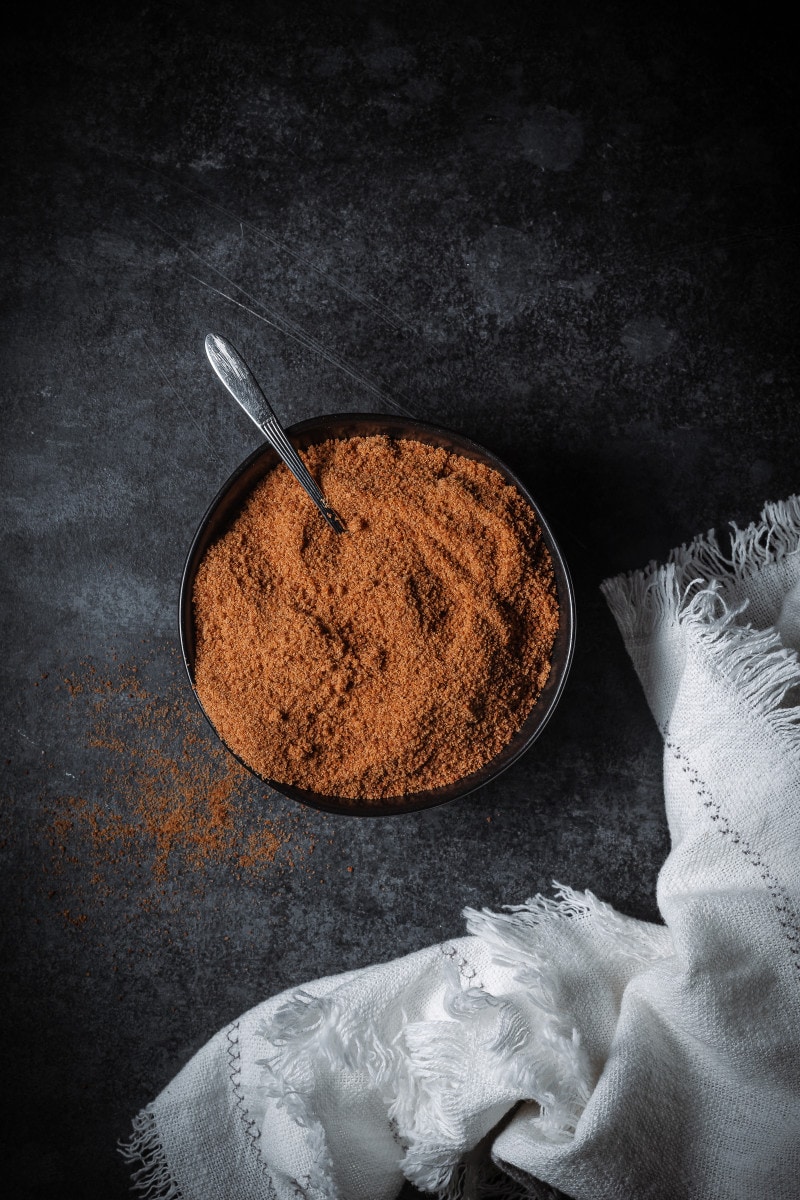
Coconut sugar is made from coconut palm sap and not the actual coconut. The flavor of coconut sugar is more caramel-like than traditional sugar but if you don't have any on hand, it's very easy to substitute!
Here are a few of my favorite ways to substitute coconut sugar in baking recipes and cooking recipes:
- Brown Sugar: Brown sugar is the closest substitute to coconut sugar. It's readily available in most grocery stores and you probably already have it in your pantry! Light brown sugar is preferred as it has the less molasses. The darker variety might alter the flavor. Use in a 1:1 ratio.
- Organic Cane Sugar: Organic cane sugar can replace coconut sugar in a 1:1 ratio.
- Raw Sugar or Turbinado Sugar: Very similar to brown sugar and organic cane sugar and can be used in a 1:1 ratio.
- Maple Sugar: Maple sugar is dehydrated maple sap that has been reduced to a sugar form. This is very similar to coconut sugar. 1:1 ratio.
- Maple Syrup or Agave Syrup: In baking, it's harder to substitute liquid sweetener for dry sugar since the other measurements will differ. Typically the ratio would be ¾ cup of Maple Syrup to 1 cup Coconut Sugar.
- Vegan Honey: I have a recipe for Homemade Apple Based Vegan Honey that is delicious and a great substitute for coconut sugar in teas, coffees and even baked goods. The ratio instructions are the same as the maple syrup.
Coconut Aminos
Coconut aminos is a dark colored sauce similar to soy sauce that is made from the sap of the coconut plant. The answer to this one is simple. If the recipe you're using calls for coconut aminos, use soy sauce! If you're gluten-free, use tamari instead which is simply just gluten-free soy sauce.
Coconut Butter
Coconut butter is the flesh of the coconut that has been ground into a paste. It's typically used as a topping like spreading on top of pancakes, toast or added to smoothies.
If you're looking for a spread, then the best substitute for coconut butter is tahini or cashew butter or even simple plant-based butter will work well. They are both more neutral in flavor than say almond butter or peanut butter. But with that being said, coconut butter can also be replaced with almond butter or peanut butter in most cases.
If you're just having trouble locating it in the store and don't need a replacement due to an allergy, make it at home! It's cheaper and pretty easy. Get some desiccated coconut and use a high-speed blender or food processor to process the coconut until it reaches the desired texture. Alpha Foodie has a really detailed post on all things coconut butter.
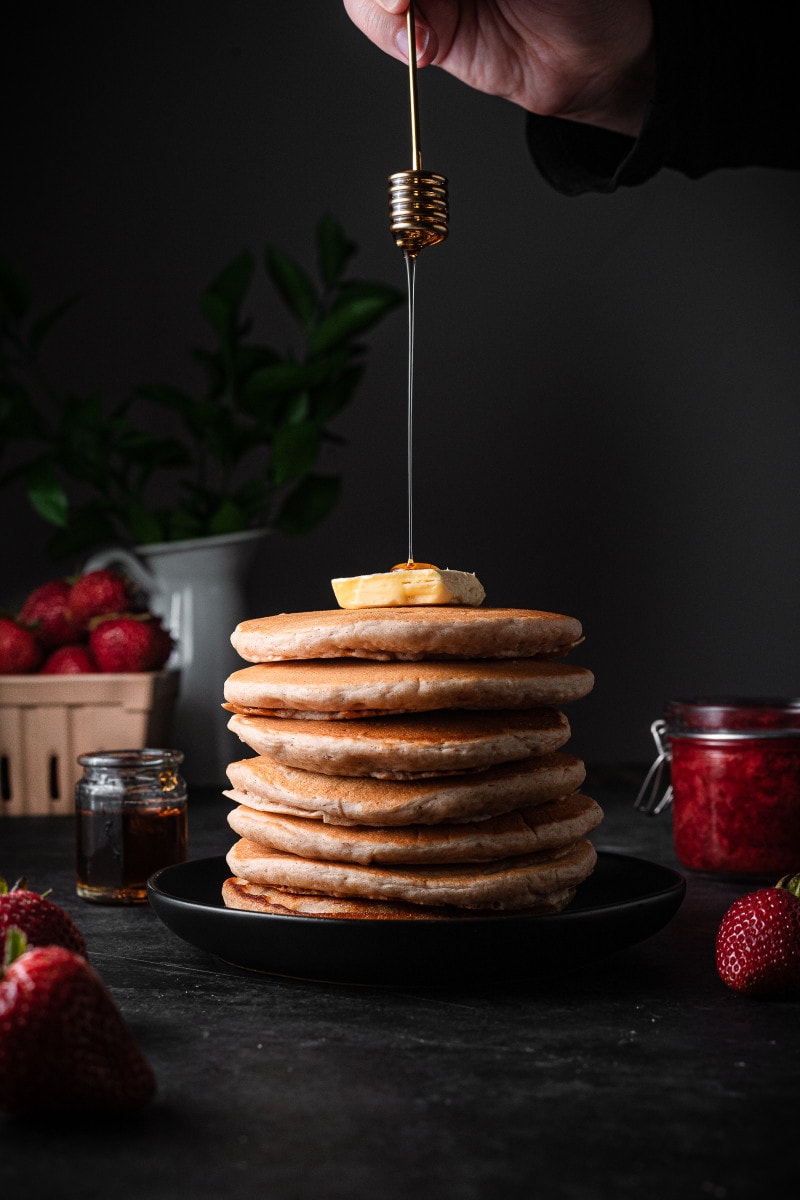
Coconut Flour
Coconut flour is created from coconut meat and has been dried and ground into a fine powder. This type of flour is typically used in gluten-free baking. Foods such as bread, muffins, cookies, and cakes can be created out of these flours.
While it depends on the recipe, here are some popular coconut flour alternatives that you can try out instead!
- Almond Flour
- Cassava Flour
- Rice Flour
- Chickpea Flour
Coconut Water
If you're looking to replace coconut water in a smoothie, simply use a fruit juice, plant milk like almond or oat or simply use water. If you're looking to replace coconut water with something that has electrolytes, drink bottled water that has added electrolytes or even Gatorade.
Coconut Extract
Coconut extract is sometimes added to recipes for extra coconut flavor and can be found in the baking aisle. If you don't have it and don't mind that you are losing out on the flavor of coconut, you can use vanilla extract or almond extract for added flavor.

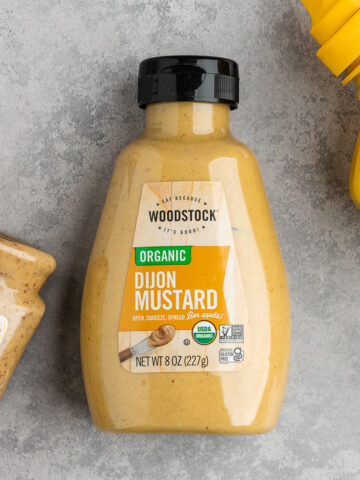
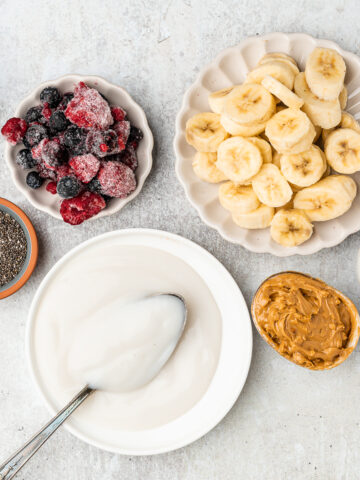
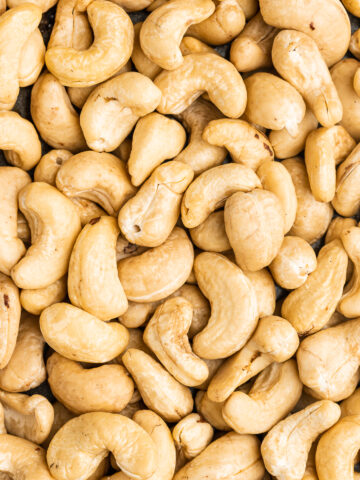
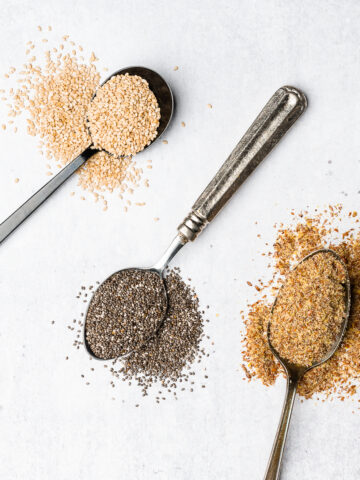
Renée Langford says
Thank you for this! I'm deathly allergic to all forms of the coconut and my daughter is allergic to beef and pork. We're trying to get used to the possibility of her not being able to have cow dairy but I don't want to die in the process. This information is invaluable to us.
Liv says
So glad this article was helpful. I always include substitutions on all my recipes and if you’re ever unsure, feel free to email me 🙂
Trippy says
Thank you for your thorough list of coconut substitutions! Very helpful.
Liv says
Glad you found it helpful! 🙂